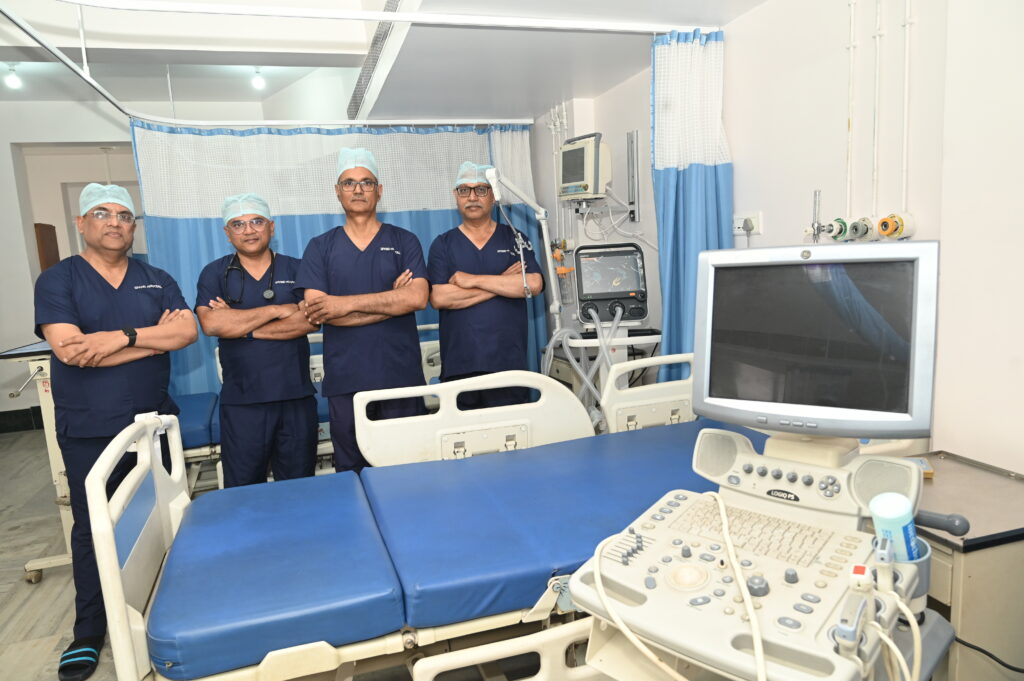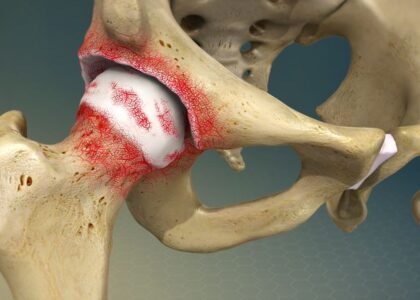
Parkinson‘s disease is a neurodegenerative disorder that affects the part of the brain
responsible for movement. The symptoms typically develop slowly over time.
Here are the four main symptoms of Parkinson’s disease:
1.Tremor: A tremor is a shaking that usually begins in the hand or arm and is
more likely to occur when the limb is at rest. It’s important to note that
tremors can be caused by other conditions, so a tremor alone is not
enough to diagnose Parkinson’s disease. Tremor in Parkinson’s Disease
2. Slowness of movement (bradykinesia): This can make everyday tasks
difficult, such as getting dressed, eating, and writing. People with
Parkinson’s disease may also have trouble starting and stopping
movements.
Slowness of movement in Parkinson’s Disease
3. Muscle stiffness (rigidity): This can make it difficult to move around and
can also cause pain. Rigidity can affect any part of the body, but it is most
common in the arms, legs, and neck.
Muscle stiffness in Parkinson’s Disease
4. Impaired balance and coordination: This can make it difficult to walk and can increase the
risk of falls.
In addition to these four main symptoms, people with Parkinson’s disease may also
experience a number of other symptoms, including:
Speech changes, such as slurring or speaking softly
Loss of facial expressions (facial masking)
Difficulty swallowing
1. Stooped posture
2. Sleep problems
3.Constipation
Cognitive problems, such as dementia
Depression
Anxiety
more information contact us now










